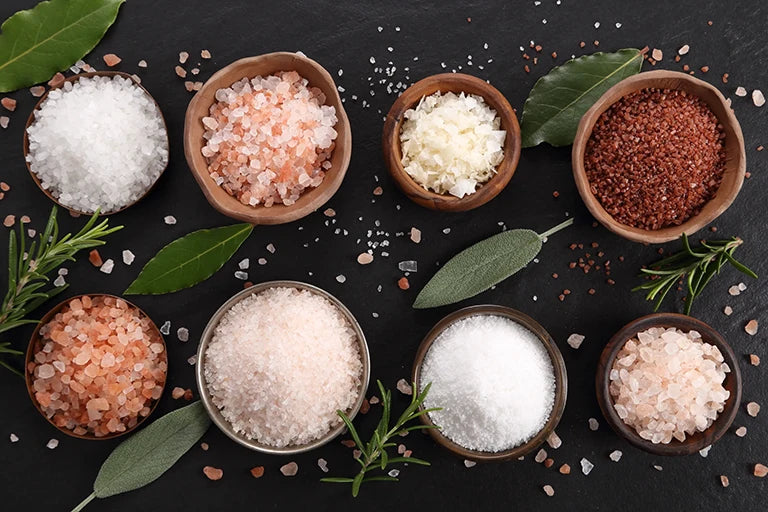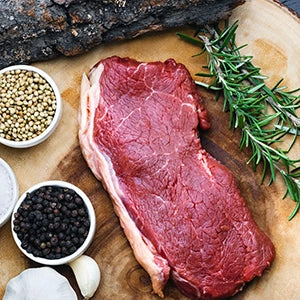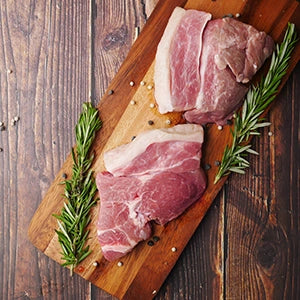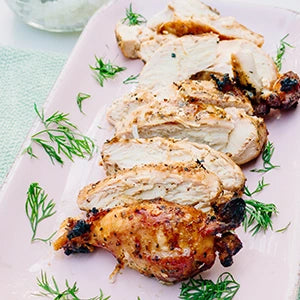Preparing a perfect steak is more than just a culinary process; it's an art form filled with precision, passion and a variety of techniques that must be mastered. One of the most critical and often underestimated steps in this art is "salting the steak". This unassuming act of seasoning is a key ritual that can make or break a steak preparation. Proper salting brings out the meat's full glory, intensifying flavors and creating an ideal texture.
In this blog post, we'll take you on a detailed journey through the world of salting steak. We'll provide deep insights into the best techniques and practices and delve into the science behind seasoning steak to perfection. Every cut of meat has the potential to become a culinary masterpiece, and we'll show you how to maximize that potential by salting it properly.





